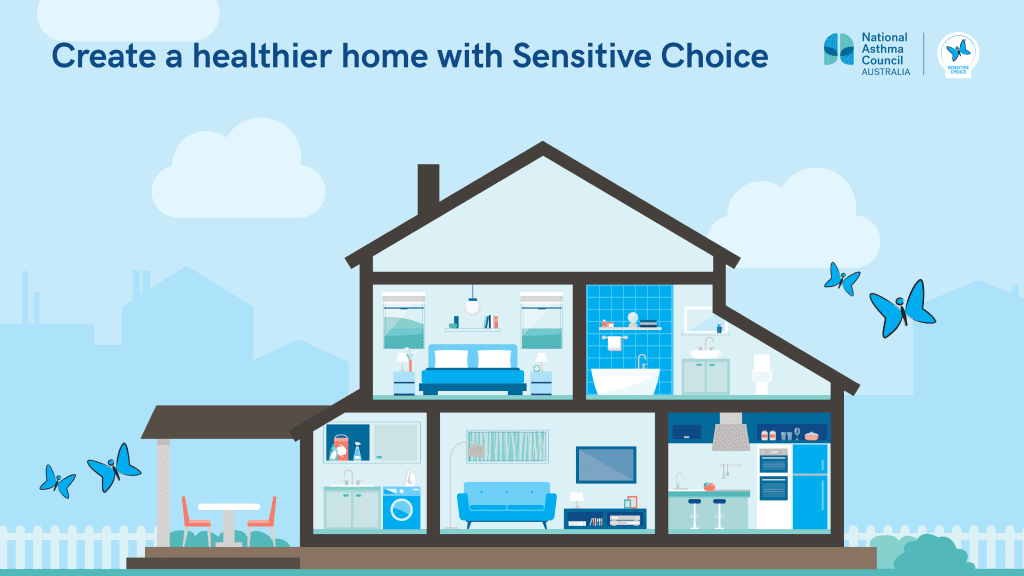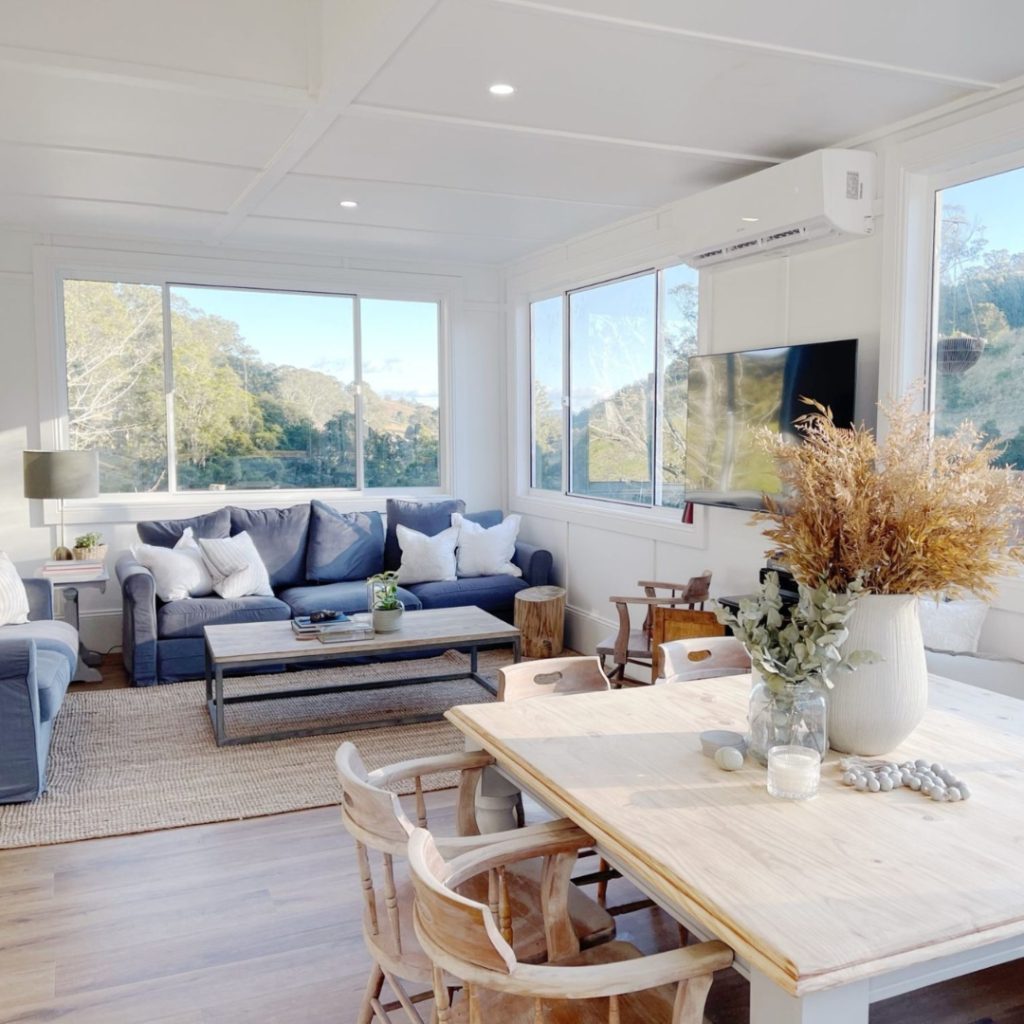Much like health star ratings on supermarket food packaging, Green Stars illustrate a building’s interior and exterior sustainability.
Green Building Council Australia (GBCA) encouraging sustainability in the built environment for over 17 years. GBCA works with governments to architects, universities and even homeowners. Their mission is to set a high bar of quality for all new builds and refurbishments.
30 Second Sales Pitch
? Saving Money
On average, Green Star homes use 66% less power and 51% less water than the average Australian household. For example, the world’s tallest timber apartments are in Melbourne; they require less energy to heat and cool, saving residents $300 a year in power bills.
? Healthier Home
The World Health Organisation ranked poor indoor environment quality [LINK] in the top three causes of death. Green Star homes require low-toxic materials, proper ventilation and an abundance of sunlight for healthier lungs and minds.
? Smart Investment
When buying, building or refurbishing a property, it’s essential you think about future buyers. Who are the buyers of 2030? Are they looking to buy a minimum spec property? Or are they going to be climate change conscious? Data shows up to 10% increase in capital value with Green Star certification.
? Reduced Environmental Impact
Our built environment is currently the single most significant contributor [LINK] to greenhouse gas emissions. Efficiency is key to saving the planet.

Finding your path
Sound complicated? Luckily the policy administrators at GBCA do all the heavy lifting and provide a clear (though extensive) spreadsheet with all the Green standard criteria. Websites like EcoSpecifier offer a massive database of interior/exterior products to check it’s certified with Green Star.
Green Star has tracks depending on what you’re trying to achieve, which path do you fall into?
Design (new builds) – Architects, developers and builders work toward Green Stars from external planning to construction of properties.
↓
Interiors (new builds or refurb) – Interior designers and homeowners are marked on the products they choose to fit-out a home.
↓
Performance (larger complexes) – Building operations and management are all important to keep an environment sustainable after the fact.

The nine commandments of a Green Star home
? Management
Thou shall execute efficient design, construction and operation.
? Indoor environment quality (IEQ)
Occupants shall not suffer from poor air quality, cold drafts and noisy roads.
⚡️ Energy
Thou shall embrace passive design and use of renewable energy.
? Transport
Thou shall encourage cycling, public transport and walking.
? Water
Thou shall minimise water usage and recycle wastewater.
? Materials
Thou shall select low environmental impact or recycled materials.
? Land use
Thou shall live harmoniously with nature and local ecology.
? Emissions
Thou shall not pollute the atmosphere, watercourse or native animals.
? Innovation
Thou shall adopt new technologies and exceed Green Star expectations.
Green Star Communities
Beyond individual builds, GBCA really is shooting for the Green Stars by developing entire communities around sustainable thinking. It’s a totally different approach to living spaces. 550,000 people are moving into Green Star communities, more than the population of Canberra.

One (of many) such communities being rolled out across Victoria is the Nightingale Model developed by leading architects. They have worked to Green Star standards to create communities of the future. They focus on developing affordable apartments in bustling cities, only selling to live-in buyers. Cutting out air conditioning, parking, second bathrooms and even estate agents, they can offer quality at affordable prices. Public spaces like rooftop gardens encourage interaction between residents. A true flower beside thorny developments.
“We do need better housing. We need housing that’s sustainable, well designed and, importantly, housing that encourages community,” said Managing Director of Nightingale Housing.
A Shooting Star
This year, GBCA doubled down on their green efforts with their Carbon Positive Roadmap. Raising the bar for a net zero carbon future, the roadmap dictates that a six-star building in 2020 needs to source energy from 100% renewable electricity and a five-star building in 2023 will have to do the same.
“As technologies transform how we build, we believe a Green Star rating will become more important to assure the delivery of achievable, sustainable outcomes on the ground,” GBCA’s Head of Market Transformation, Jorge Chapa, said.
How to get Green Stars
Register > Document > Submit > Assess > Certify



